About Uswag Cabiawan
The grounds of Barangay Cabiawan in San Remigio, Antique rely on rainfall (rainfed) which is basically the reason why the locals practice intercropping. With the insufficient water supply or absence of irrigation, farmers are bound to seek alternatives rather than just wait for the rain. They raise swine in their backyards and sell these within the community and the neighboring barangays.
Organized in February 2021, the Uswag Cabiawan Farmers Association (FA) with 21 members, is composed mostly of hog raisers and some into small-scale vegetable farming. These livelihoods allow them to send their children to school and provide food on their table – just enough for their needs.
The same year, they were identified as beneficiaries of the Department of Agriculture – Special Area for Agricultural Development (DA-SAAD) Program.
Prior to distributing inputs under the Chicken Layer Egg Production Project, the members were equipped with technical skills facilitated by the program implementers through training on Meat and Egg Production with Health Management, bookkeeping, and marketing in July 2021.
Implementation and Results
The project worth Php 188,270.20 included 6 sets of egg machines (with 48 chicken layers each), drugs and biologics, feeds, plastic egg trays, a 10kg-capacity weighing scale, water hose, chicken crates, and a drum.
As program beneficiaries, this paved their way to venture into poultry farming. Pouring in time, effort, and dedication, the project can be economically rewarding.
The first three months had been tough for the group since they had to borrow some housing materials. Built through the local dagyaw system, known as bayanihan, their housing expenses amounted to Php 7,000 which was paid in full in the later months of 2021 as the association’s counterpart.
Their first housing was built on the land of a private owner, as motioned by one of the members and agreed upon by the majority. However, to avoid future problems in management, the association president Mr. Jessie Baleña suggested transferring the housing to their area.
Mr. Baleña himself managed the poultry, cleaned it regularly, and removed the chicken dung.
After months-long of prudent nursing, they were able to collect a gross income of Php 160,573 (Table 1) trading their produce within the community and in the neighboring town of Bugo during market days.
On average, the group earns a weekly income of Php 7,350 and they harvest at least 7 trays a day. The eggs are sold per tray according to their size – Php 120 for peewee, Php 140 for small, Php 160 for medium, Php 180 for large, and Php 200 for extra-large.Table 1. Uswag Cabiawan FA’s chicken egg production income
| Month | Peewee (Php 120/tray) |
Small (Php 140/tray) |
Medium (Php 160/tray) |
Large (Php 180/tray) |
Extra Large (Php 200/tray) |
Gross Sales (Php) |
| 2021 | ||||||
| August | 13.5 | 26 | 1.5 | 0.5 | – | 5,635.00 |
| September | 9.5 | 36.5 | 20.5 | 2.5 | – | 13,418.00 |
| October | 15.5 | 38 | 21 | 1 | 1 | 15,470.00 |
| November | 5 | 46 | 21 | 5 | 0.5 | 11,865.00 |
| December | 28.5 | 20 | 33.5 | 19 | 4.5 | 15,615.00 |
| Subtotal | 72 | 166.5 | 97.5 | 28 | 6 | 62,003.00 |
| 2022 | ||||||
| January | 18 | 57 | 38.5 | 29 | 2.5 | 22,700.00 |
| February | 2.5 | 69 | 37 | 25 | 1.5 | 18,635.00 |
| March | – | 43 | 50.5 | 29 | 14 | 28,115.00 |
| April | – | 27.5 | 72.5 | 19 | – | 29,120.00 |
| Subtotal | 20.5 | 196.5 | 198.5 | 102 | 18 | 98,570.00 |
| Grand Total | 92.5 | 363 | 296 | 130 | 24 | 160,573.00 |
With steady production comes the monthly expenses to pay for. For ten months, their expenses from housing materials, drugs, biologics, feeds, hauling, and water supply reached Php 64,680.
Investing in this lucrative opportunity prompted the group to delve further where they earned a combined 10-month net income of Php 95,890 from August 2021 to April 2022.
Their sharing scheme follows a 50-50 policy where they deduct 50% from the net income which goes directly to their savings and another 50% to the caretaker.
Challenges Encountered
The success of the project entails not just the individual initiatives but the group’s collective effort. The true test of good management, however, is not only seen when the association strictly imposes its policies, but also in how the association thrives amidst the tight competition in the market and other factors such as weather conditions, lack of inputs, and natural calamities, among others.
Mr. Baleña started off as a hog raiser, but when the African Swine Fever (ASF) posed a threat to his main livelihood, he reeled into egg farming to compensate for the predicted loss.
He shared that at the beginning of the project, they recorded mortalities (41) among the layer stocks due to respiratory illnesses. The remaining 247 were isolated and provided with vitamins to ease out the constant mortalities and continue producing eggs.
“Ang feeds kung kaisa wara ti stock. Kung mawad-an stock kang Excel, mabakal kami iba na brand. Tungod ga change feeding, nagakastress ang mga manok kag nagalain ang quality kang itlog na,” Manong Jessie expressed.
(Other times, we run out of Excel feeds so we opt for the only available brand. With this, the layer stocks are stressed out which consequently affects the quality of their eggs.)
The surrounding land area where they built the housing is a 5 to 7-minute walk from the bottom to the hill; hence hauling of feeds and water to the area is needed. At first, they pay Php 10 for every 20-liter water container. To reduce their monthly expenses on the logistics, they all agreed to build a water pump connected from the households to the housing from their savings.
Plans
Ms. Perlita Mariano, group treasurer, shared that they used to depend on the income generated from their hog venture. As beginners in the egg industry, the outcome is surprisingly above what they expected – another source of income was provided to them.
The group hopes to receive training on value-adding for egg products so that they can establish an enterprise and sustain the project. Part of their short-term plan is to engage in pastry baking and sell leche flan in the area.
The members likewise said that they will sustain the poultry project even when the chickens reach its peak of production and be sold for culling in two years. They already planned to use the income from the culls to buy new set of RTL.
As of April 29, the group has Php 47,945 savings which they intend to use for buying swine stocks. This venture is part of their long-term plan to make the association sustainable and self-supporting, alongside their plans for value-adding.
In support of their chicken layer project, Uswag Cabiawan is also set to receive banana production inputs such as banana suckers (lacatan), fertilizers, plastic crates, and water drums in May this year. The planting materials will be cultivated on Mr. Baleña’s one-hectare land and the extra inputs will be distributed to the members and grown in each one’s backyard.
Writer: Cedie Bataga, Region 6 Information Officer

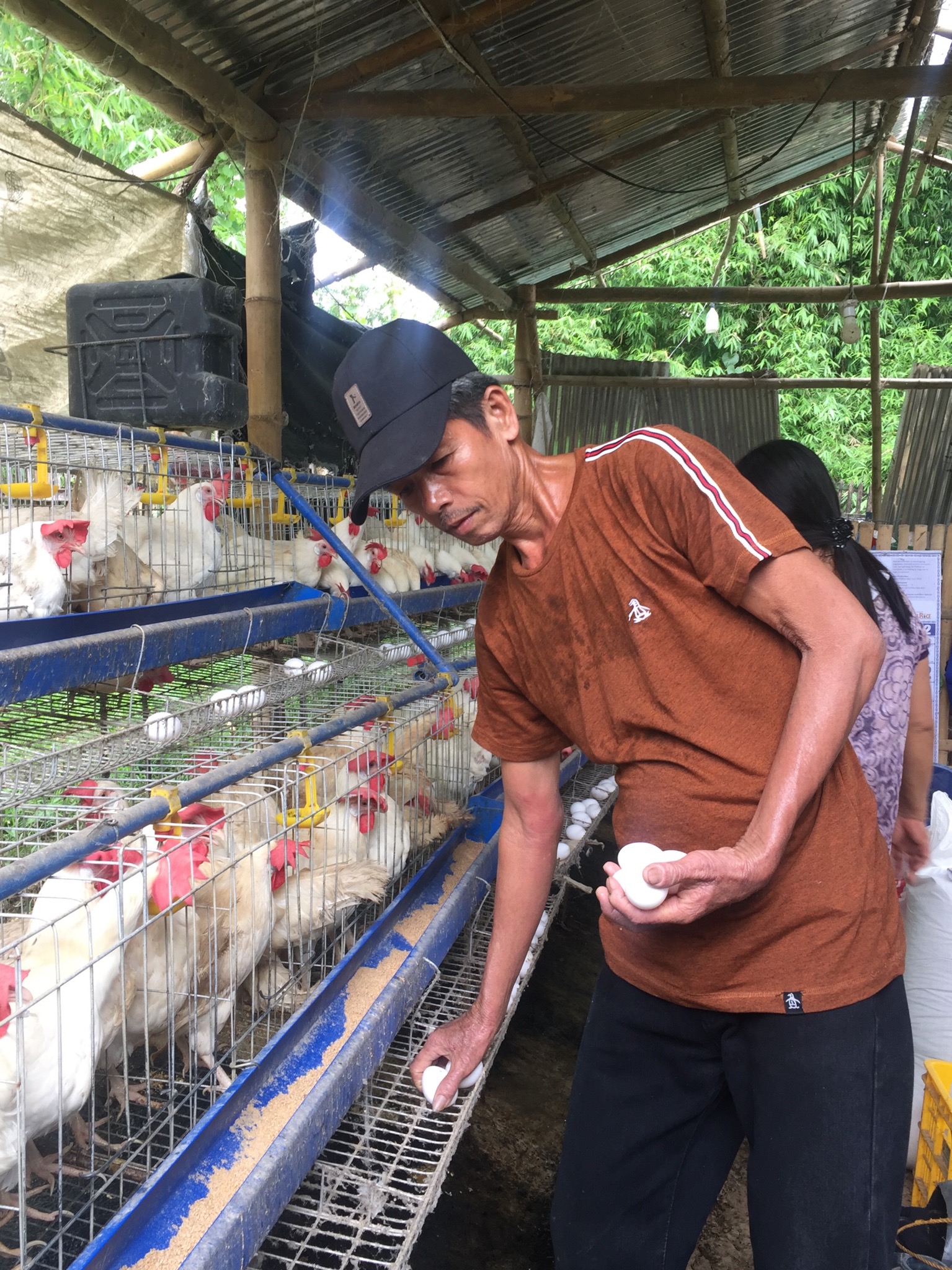
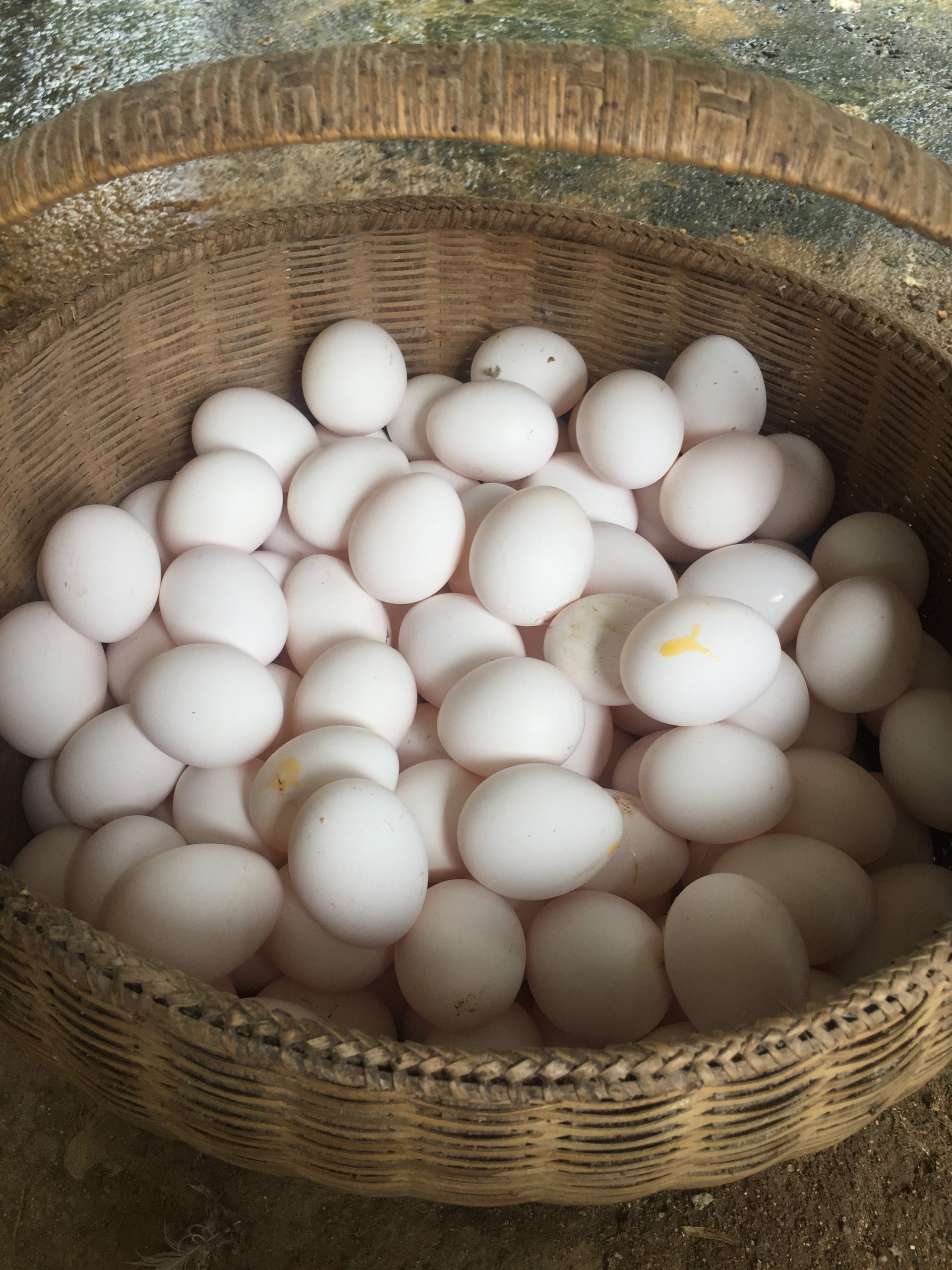
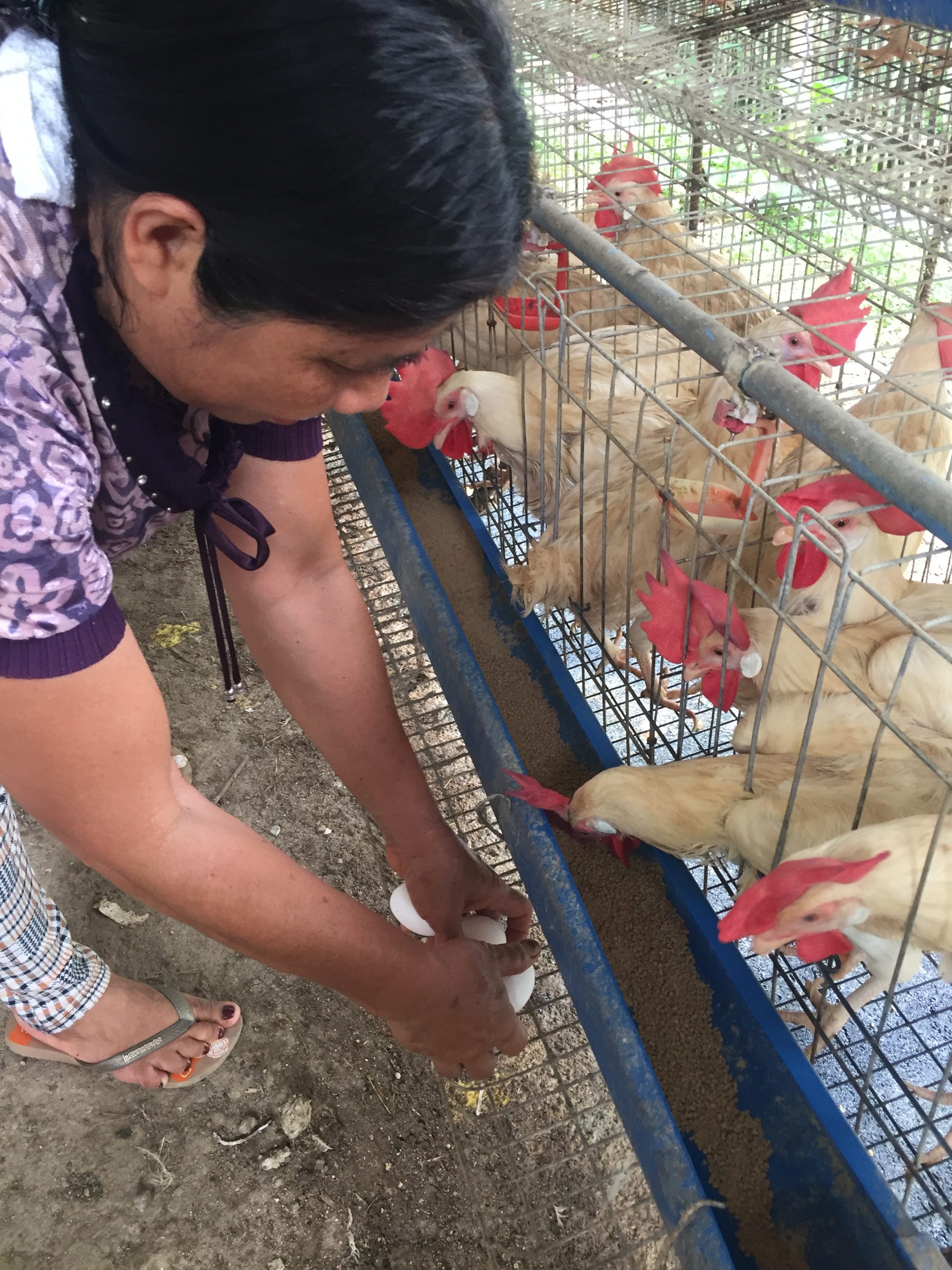
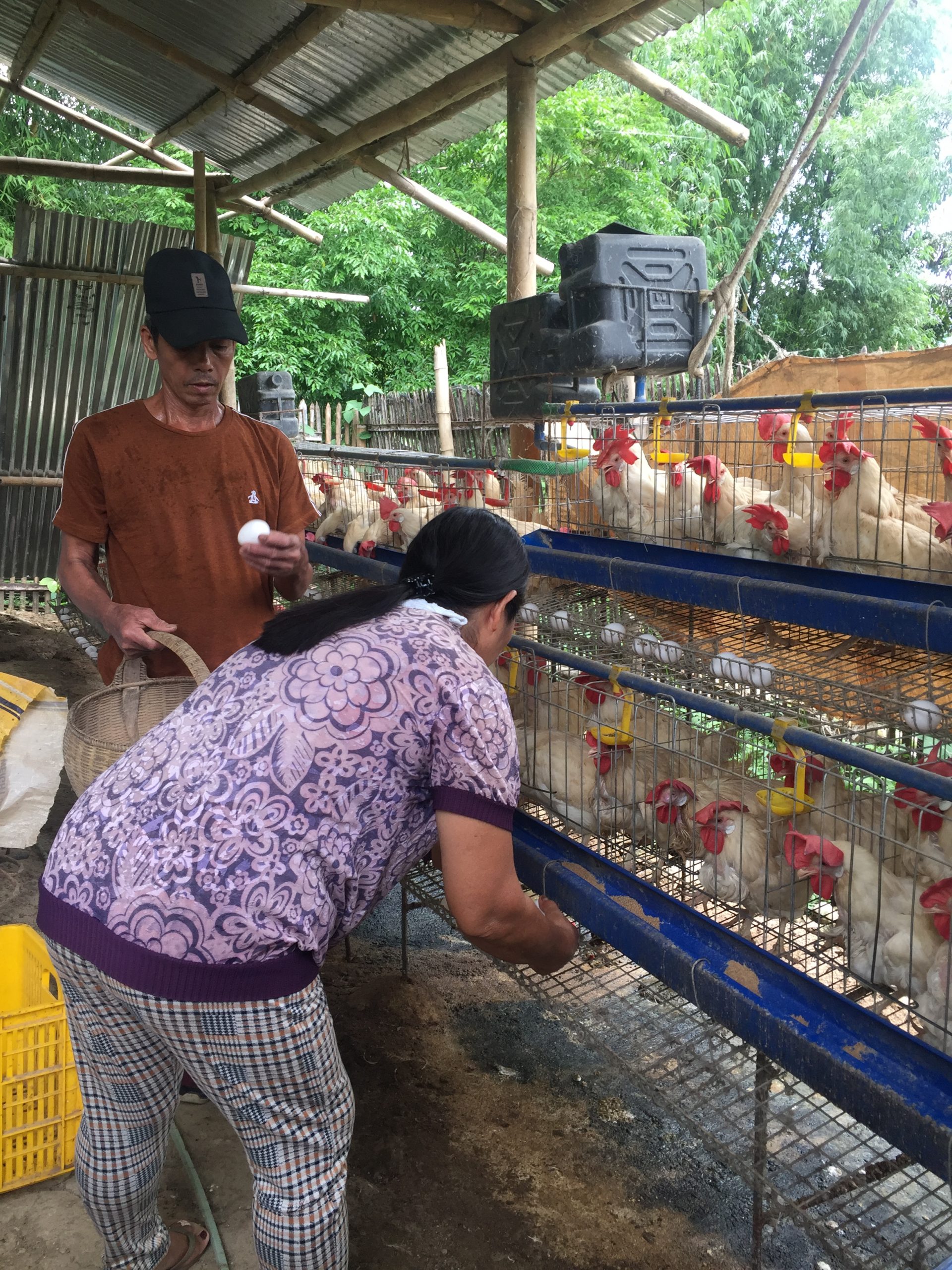
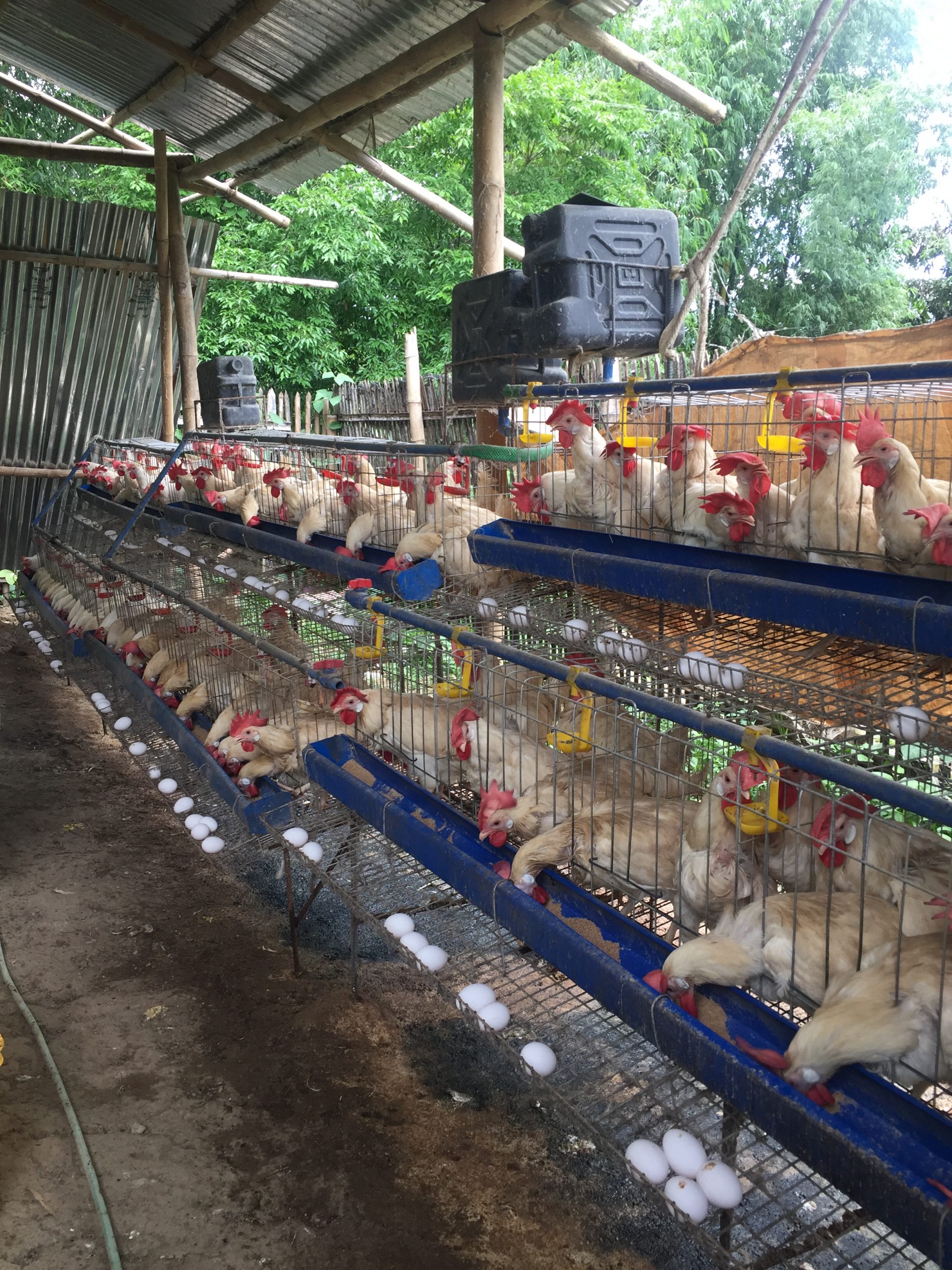
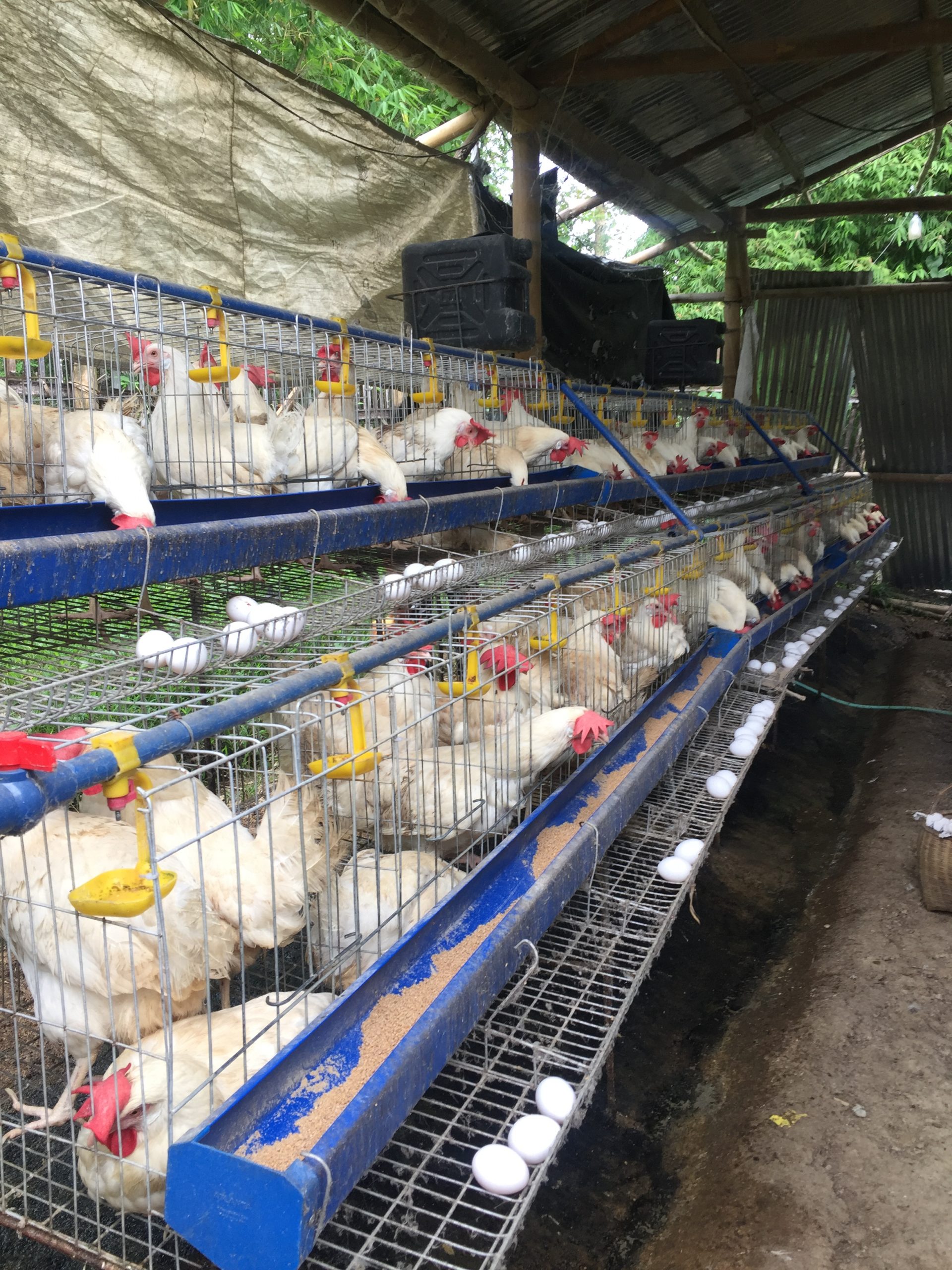
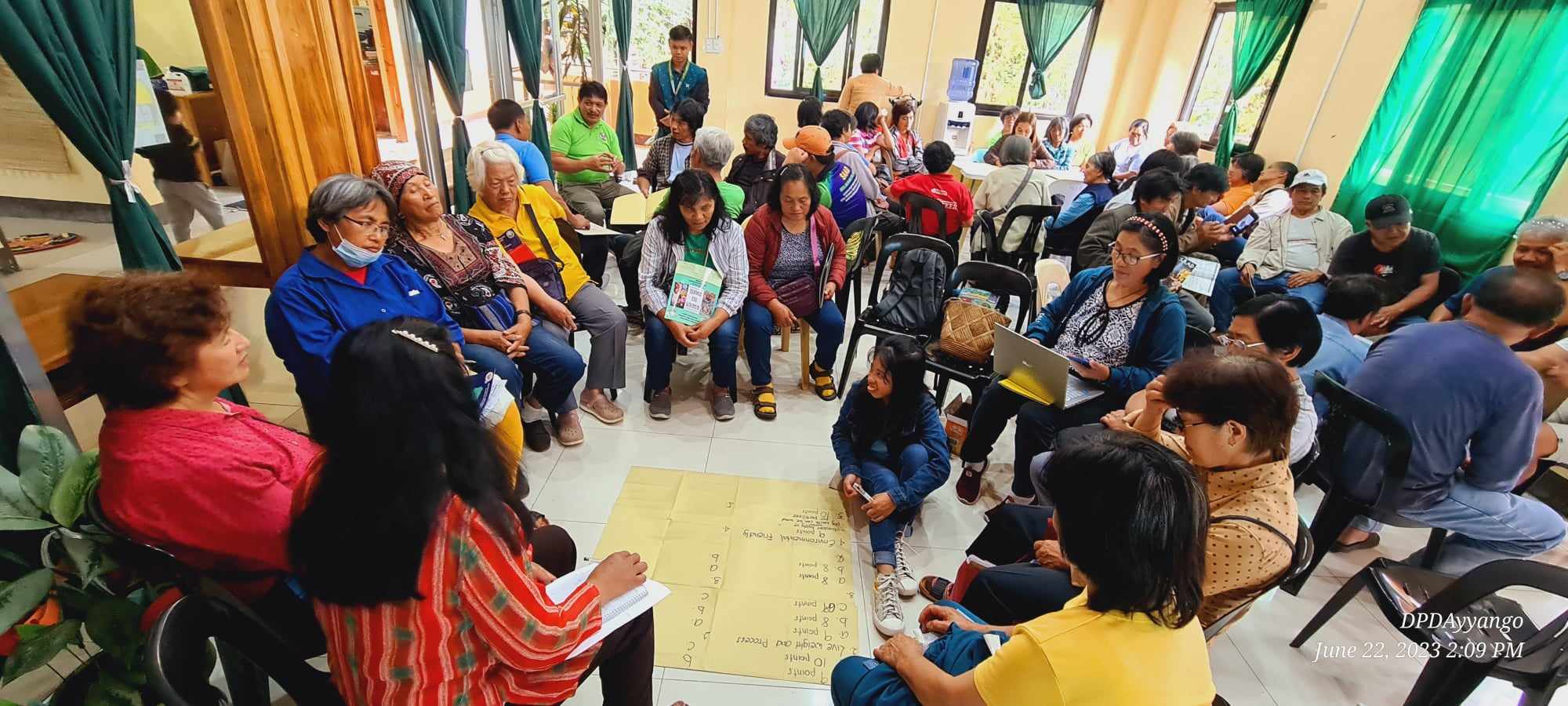
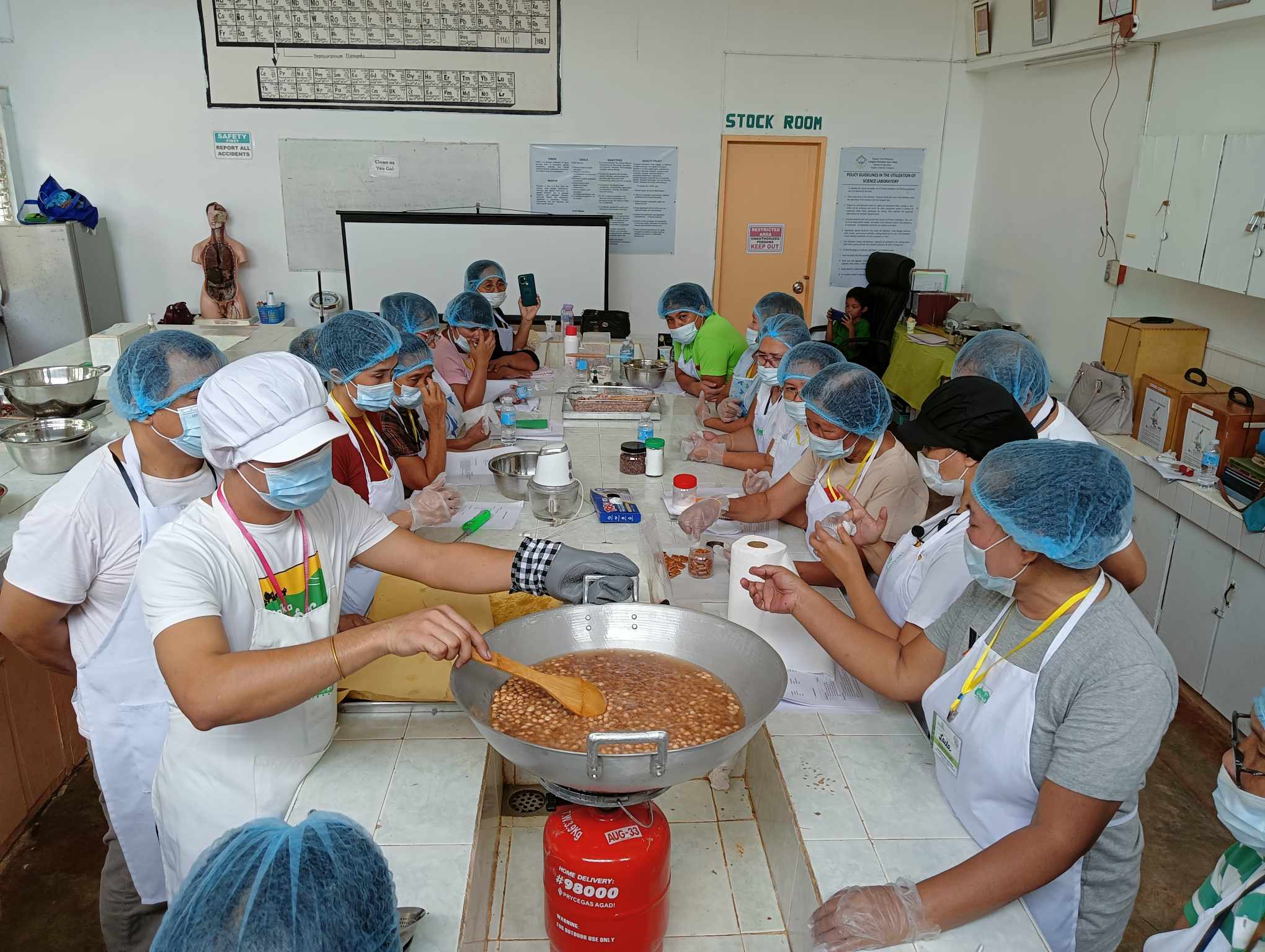
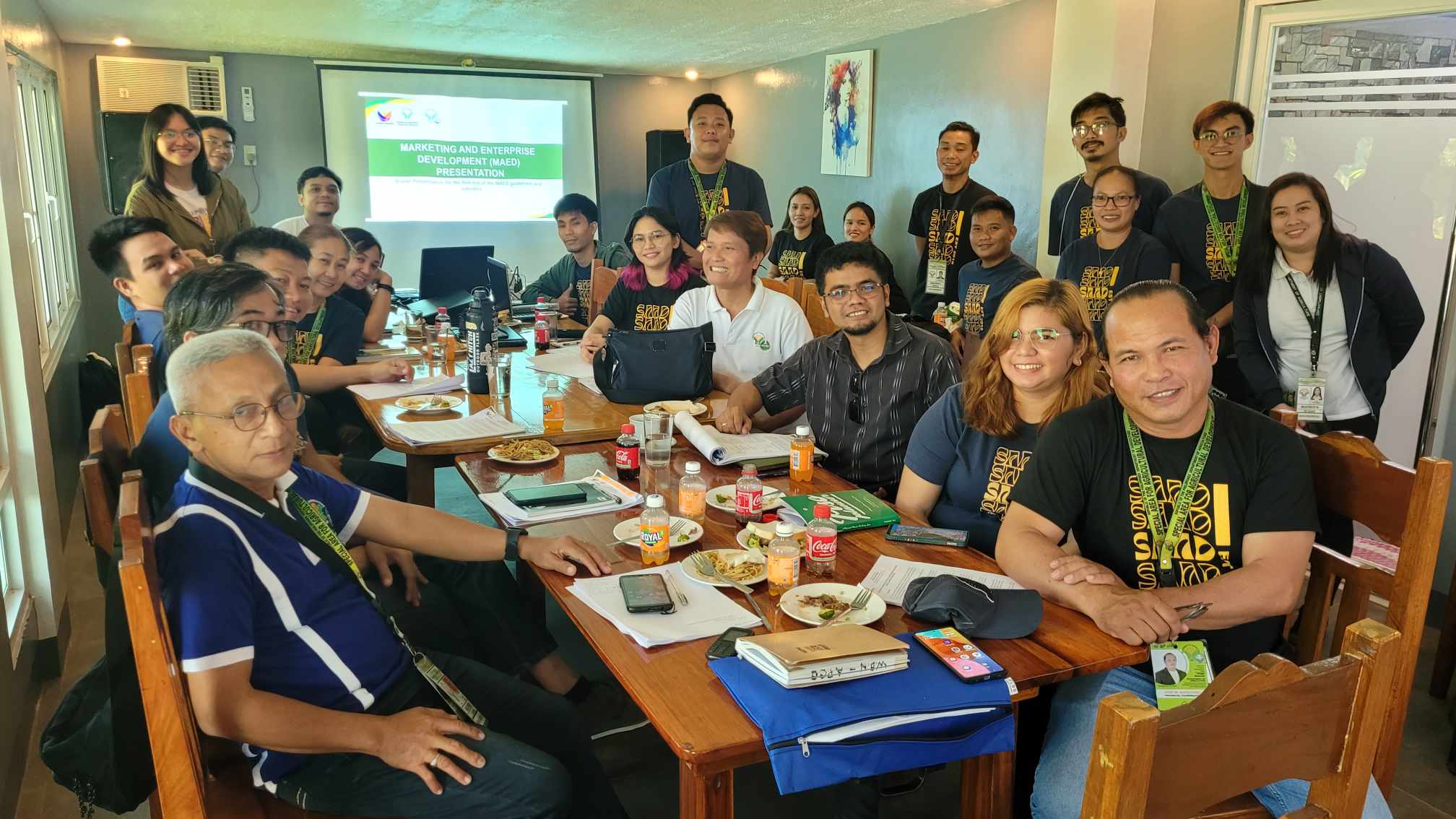
This Post Has 0 Comments